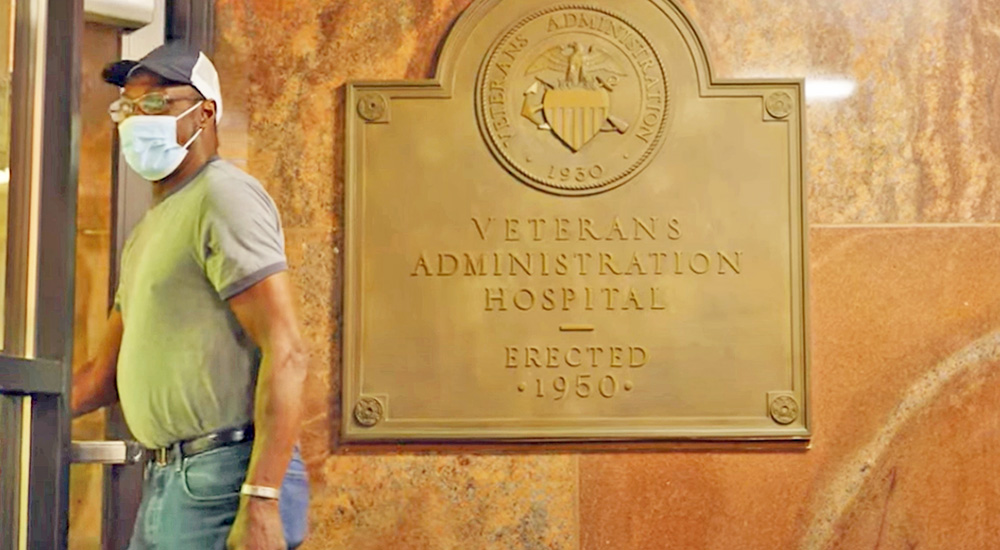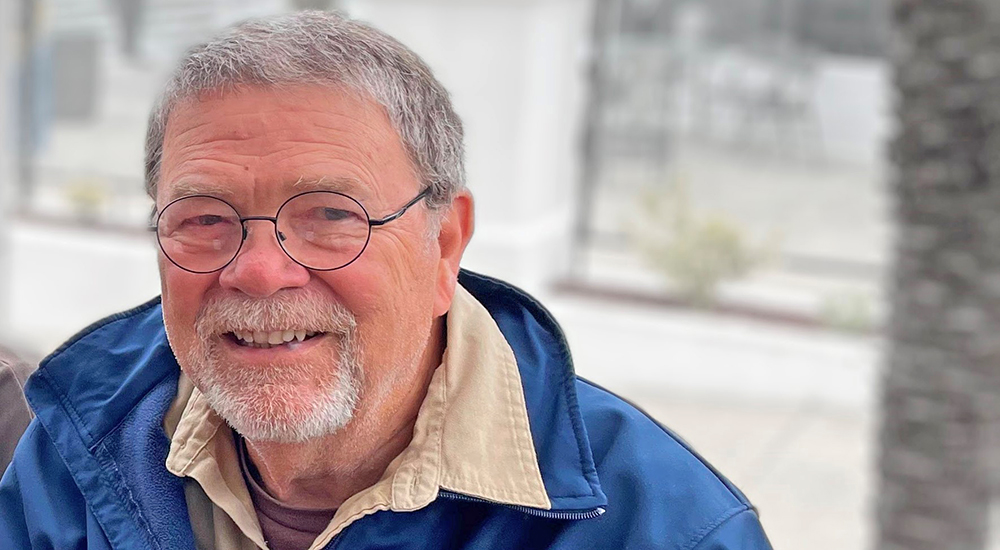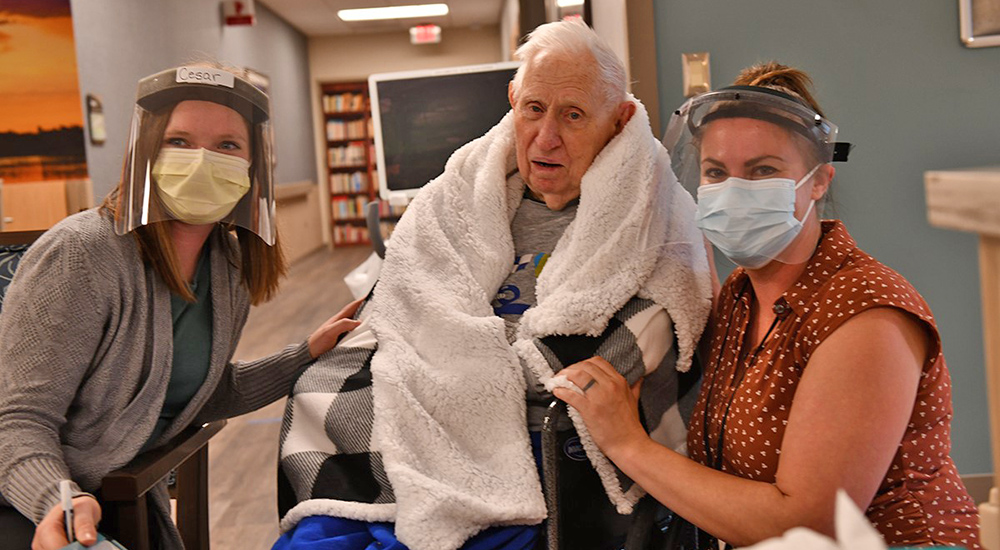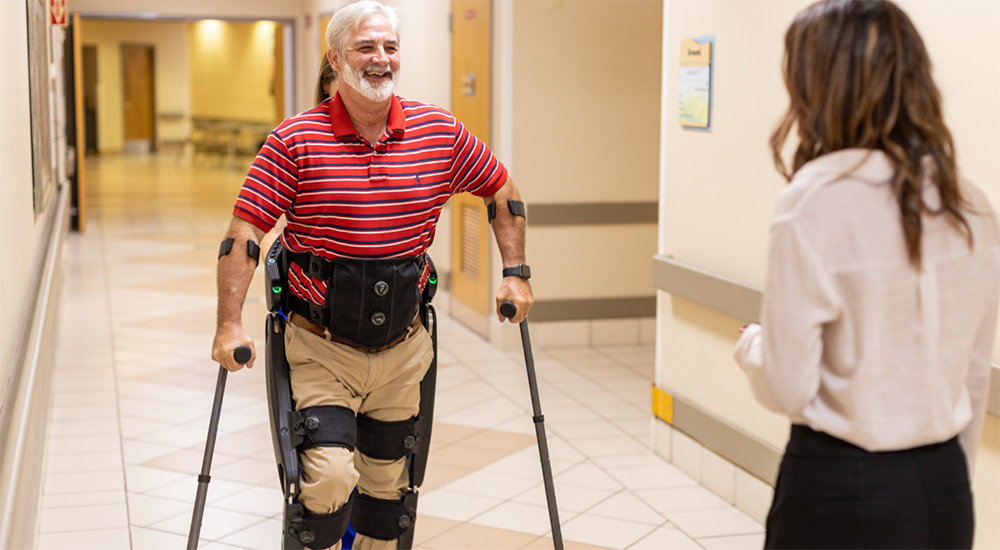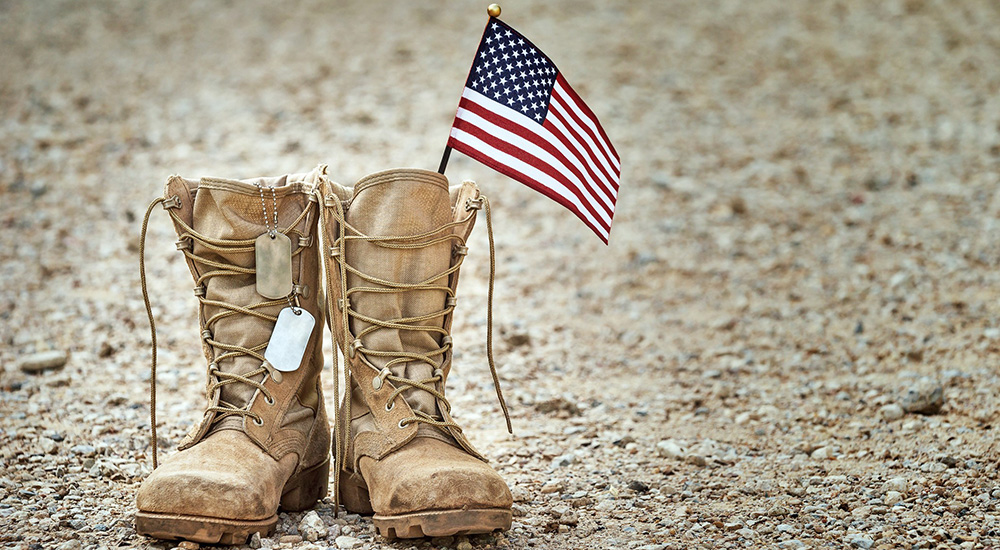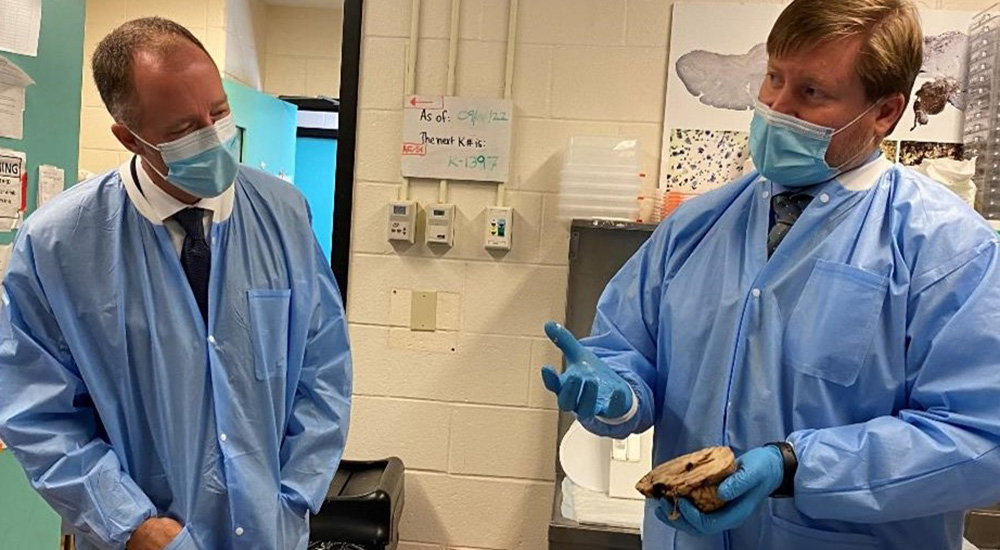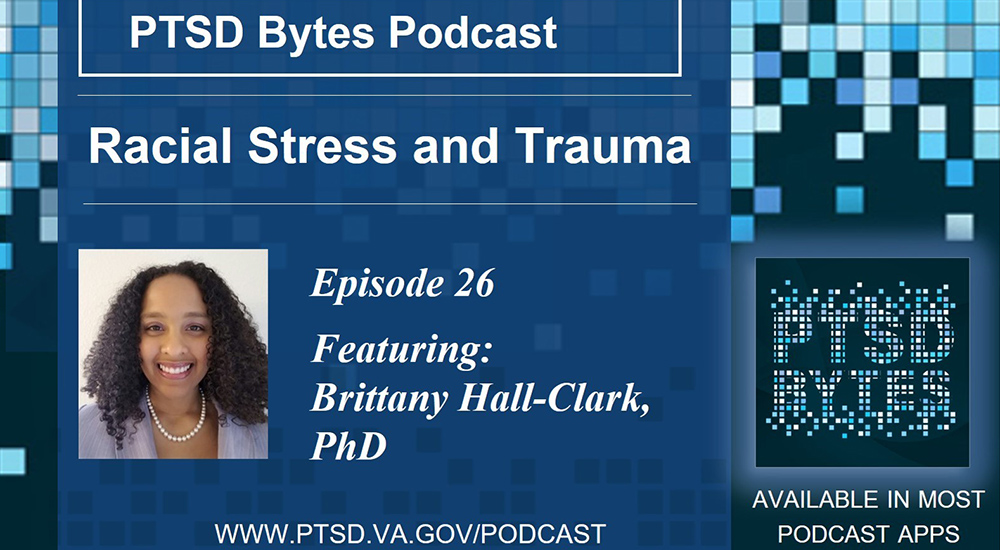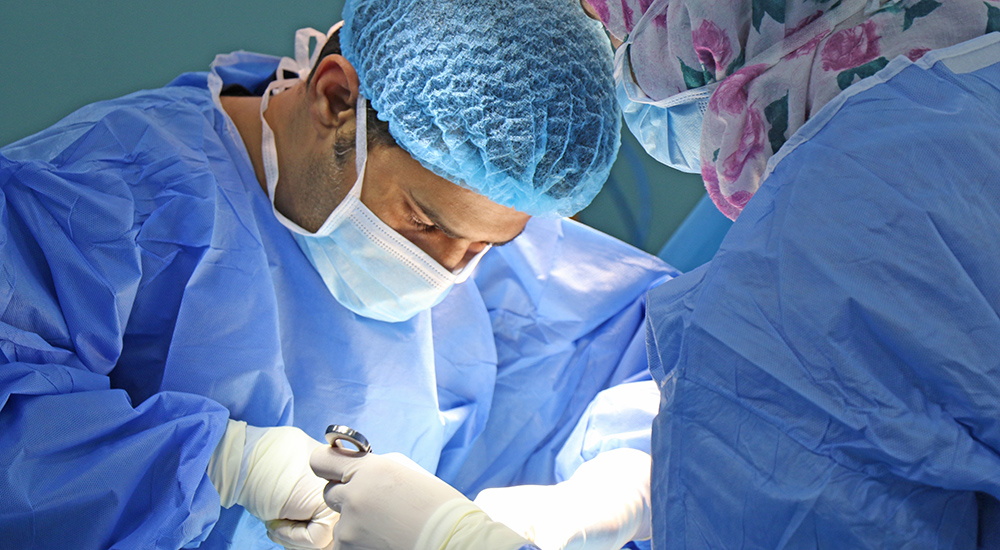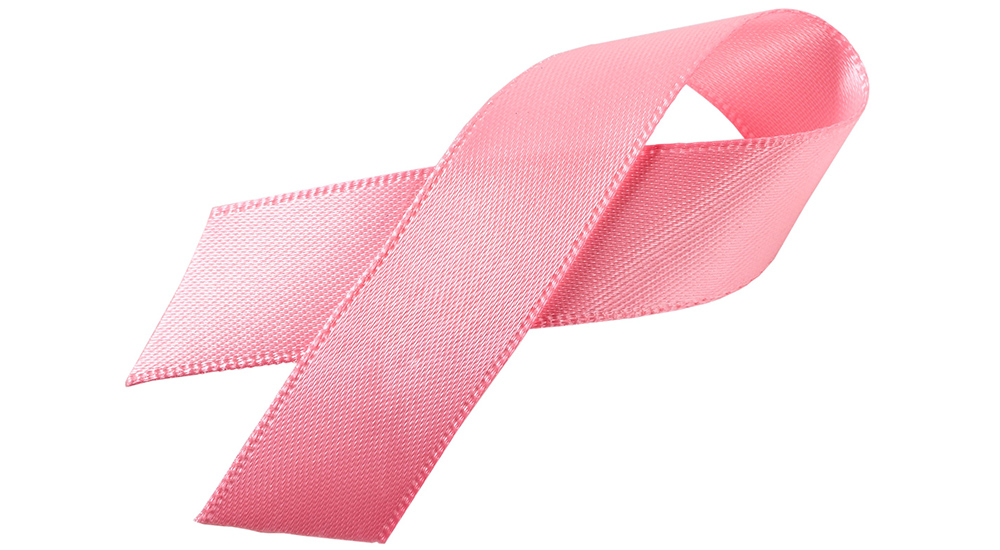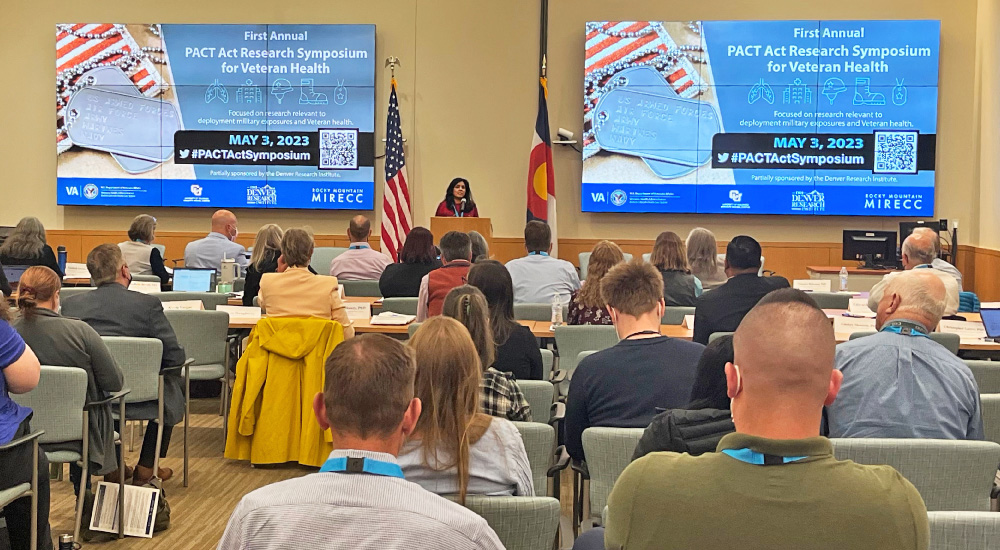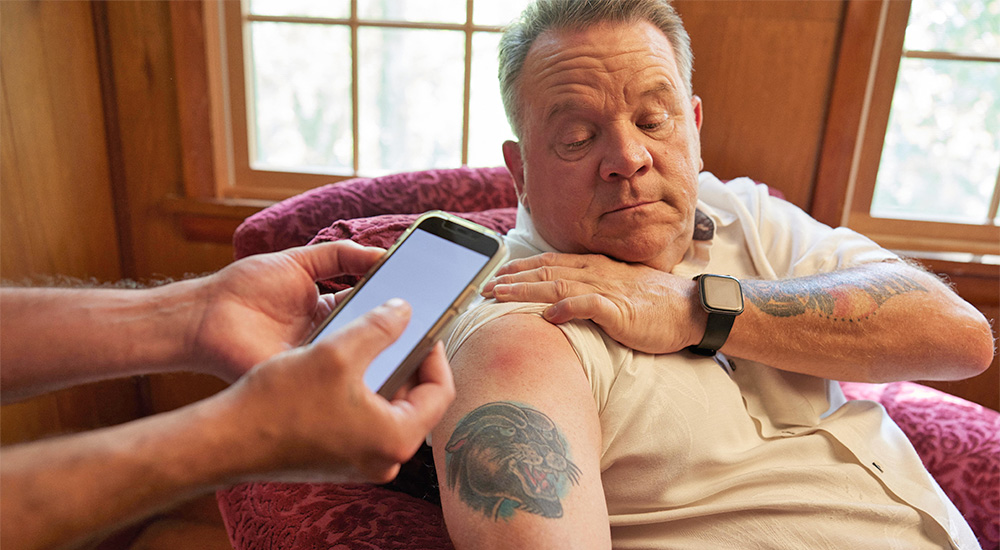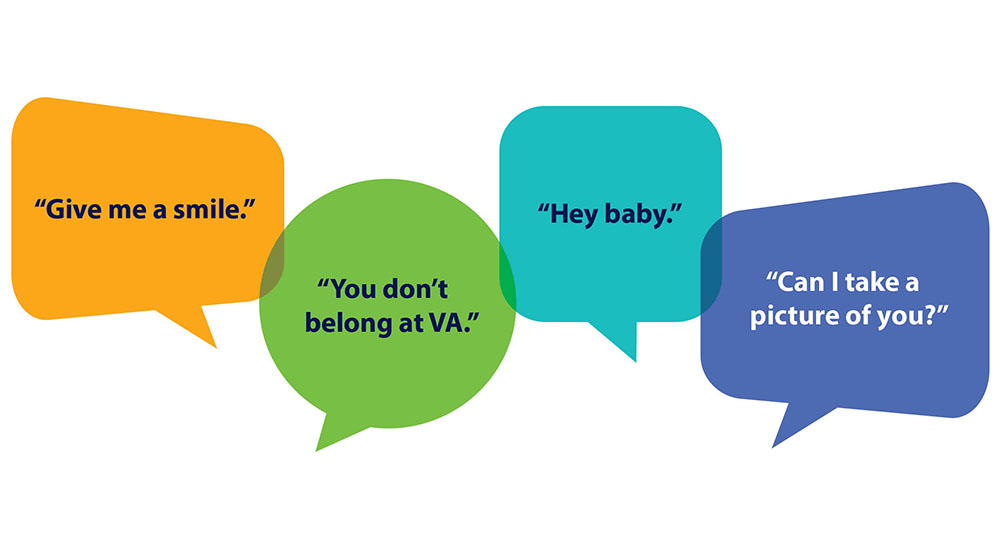Lung cancer is the deadliest cancer among Veterans with nearly 900,000 Veterans who may be eligible for lung cancer screening.
A Vietnam Veteran, who is also a chaplain, describes his life before and after Parkinson’s Disease. He's grateful to VA for his personalized care.
VA’s behavioral recovery outreach teams work to reduce distress behaviors in Veterans with dementia.
VA's Robotics and Advanced Technology Center has improved access to exoskeleton technology for Veterans.
An Army Veteran recommends: “Get involved and give back. There’s always someone who could use the help.” His story is one of many celebrated July 4.
VA Boston Brain Bank provides central nervous system tissue to scientists studying Veteran disorders of Gulf War and PTSD.
Dr. Colleen Becket-Davenport talks about racial stress and trauma with clinical psychologist Dr. Brittany Hall-Clark of the PTSD consultation program.
The Diffusion Program facilitates the replication of innovation. This reduces surgical readmission rates and improves Veterans’ experience.
The Mammography and Medical Options Act (MAMMO Act) builds on VA’s commitment to ensure all Veterans have access to high-quality breast-imaging services.
Researchers and health care providers met at PACT Act Research Symposium for Veteran Health to discuss toxic exposure illnesses.
The My VA Images web app is making dermatology and primary care more accessible for Veterans living in Connecticut.
Harassment is when someone says or does something that makes you feel uncomfortable or unsafe. Report harassment if you witness or experience it.

